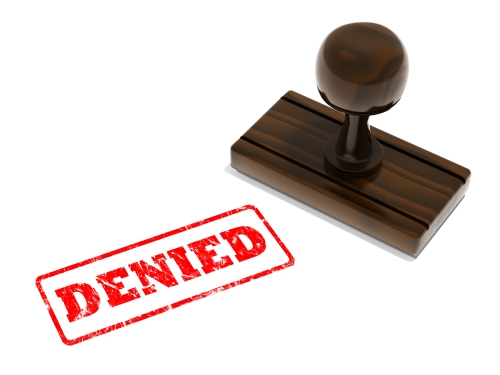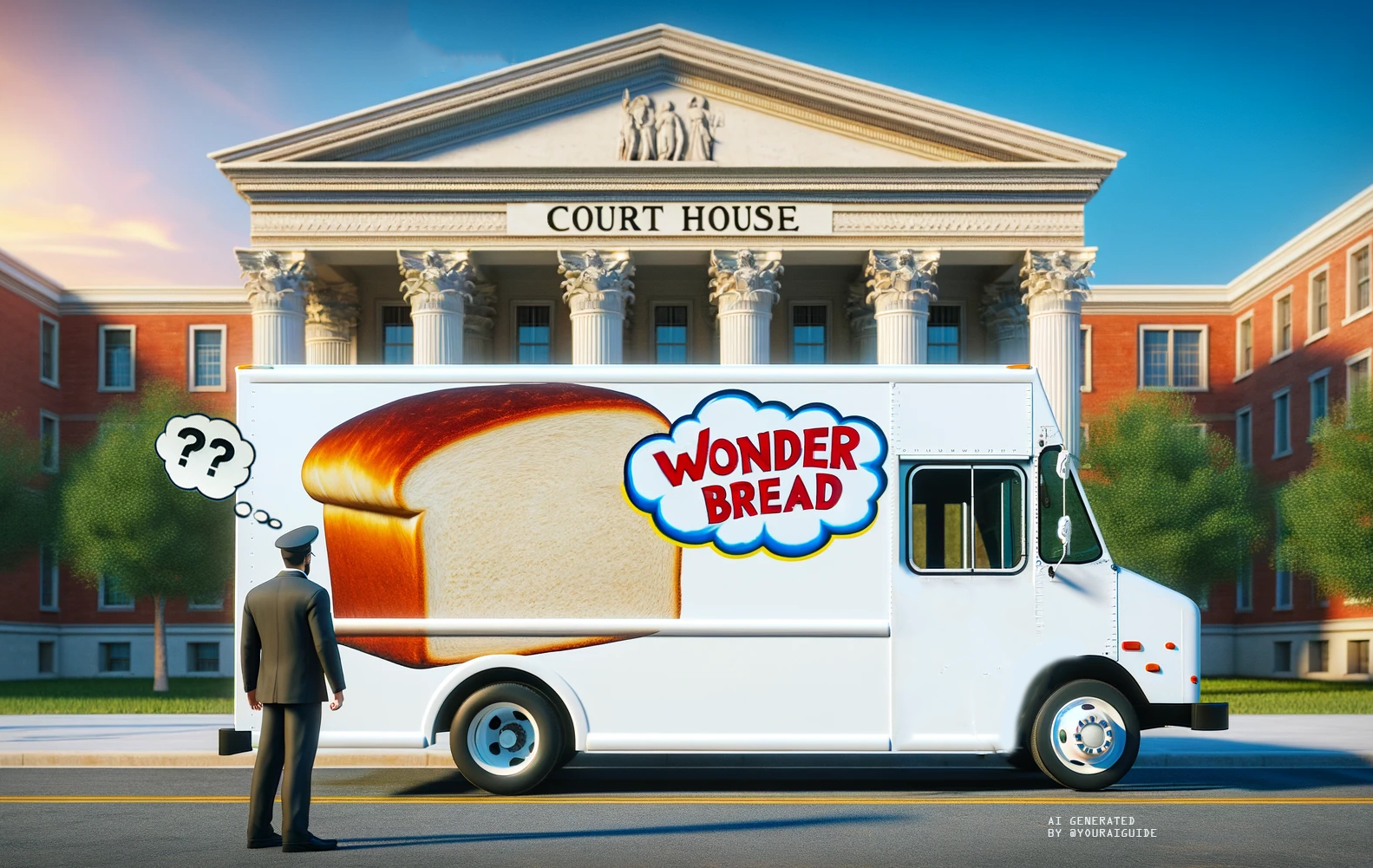Supreme Court Denies Five IP Petitions on Issues from IPR Joinder to Contributory Trademark Infringement
“By allowing Redbubble to evade liability, Y.Y.G.M. contended that the Ninth Circuit’s ruling ‘will tremendously increase the scope of online infringement.’”
On February 20, the U.S. Supreme Court issued an order list that denied petitions for writ of certiorari filed in at least five intellectual property cases. While none of these cases induced large numbers of amici to ask the Court to grant cert, they do represent several current issues in IP law that remain unaddressed. From the use of joinder to evade time-bar limits in patent validity proceedings to the service of process required for a grant of preliminary injunction, the Court’s cert denials leave several open questions with which the patent and trademark community will likely grapple.
VirnetX v. Mangrove: Ruling Allowing Joinder to Evade IPR Time Limits Stands
Patent owner VirnetX, which has fought a legal battle with consumer tech giant Apple for more than a decade, had appealed last March’s Federal Circuit ruling that affirmed the Patent Trial and Appeal Board’s (PTAB) decision to invalidate secure communications patent claims owned by VirnetX. VirnetX’s petition for writ had raised issues with the PTAB’s handling of inter partes review (IPR) proceedings that Apple was able to join despite being barred from filing its own IPR petition by the one-year time bar under 35 U.S.C. § 315. VirnetX also invoked the Federal Vacancies Reform Act (FVRA), challenging the legality of denials for Director review issued by the Commissioner of Patents while the Director position at the U.S. Patent and Trademark Office (USPTO) was vacant.
In its respondent’s brief, Apple and IPR petitioners Mangrove Partners and Black Swamp IP argued that Apple’s previous IPR petition, properly filed within Section 315(b)’s time-bar, allowed the PTAB to properly join Apple as governed by Section 315(c). Respondents also contended that the FVRA was inapplicable to this case as the Commissioner of Patents was performing non-exclusive functions of the Director. USPTO Director Kathi Vidal had filed a brief for the federal respondent in opposition of VirnetX’s petition, noting that Apple’s IPR challenges were entirely duplicative of those raised by Mangrove Partners’ petition.
Y.Y.G.M. v. Redbubble: Ninth Circuit’s Heightened Contributory Infringement Standard Survives
After Australian print-on-demand company Redbubble “undertook no meaningful effort” to stop sales of goods infringing its Brandy Melville trademarks, Swiss company Y.Y.G.M. filed a lawsuit in U.S. district court that led to a jury verdict that Redbubble was liable for contributory trademark infringement. The $500,000-plus verdict for Y.Y.G.M. was wiped out at the Ninth Circuit, however, after the appellate court issued a ruling finding that Redbubble was only liable if it knew that it was assisting, and failed to stop assisting, “specific instances of infringement or specific infringers.”
Y.Y.G.M.’s petition for writ argued that the Ninth Circuit’s ruling conflicted with decisions from the Tenth Circuit and the Second Circuit, which have found that defendants can be held liable for contributory infringement if they had reason to know of specific infringements. According to Y.Y.G.M., cases out of those regional circuits have upheld contributory liability without knowledge of the specific infringement or infringer. By allowing Redbubble to evade liability, Y.Y.G.M. contended that the Ninth Circuit’s ruling “will tremendously increase the scope of online infringement.”
Liquidia v. UTC: Induced Infringement Findings Remain Post-Invalidation
United Therapeutics Corporation (UTC) filed a patent infringement suit against Liquidia Technologies over Liquidia’s Yutrepia, an inhalable treatment for pulmonary arterial hypertension (PAH). Liquidia responded by filing an IPR petition to challenge UTC’s patent claims covering a method of treating PAH with inhalable treprostinil. Although the PTAB found unpatentable each claim asserted by UTC in district court, the district court ruled instead that all claims were valid and that Liquidia induced infringement of UTC’s patent claims.
Liquidia’s petition for writ argued that the district court and Federal Circuit were bound to give preclusive effect to the PTAB’s invalidation findings under Supreme Court precedent, namely Commil USA v. Cisco and B&B Hardware v. Hargis. IPWatchdog previously covered Liquidia’s petition, which argued that Commil left invalidation at the PTAB as a legitimate route to evade infringement liability, and that B&B Hardware established that issue preclusion applies when the same issue is before a court and an administrative agency.
The Supreme Court’s order list noted that Justice Ketanji Brown Jackson took no part in considering Liquidia’s petition for writ due to judge disqualification rules codified at 28 U.S.C. § 455.
Tehrani v. Hamilton Techs.: Improper POSITA, Contrary Evidence Lead to Invalidation
Dr. Fleur Tehrani, the sole inventor listed on U.S. Patent No. 7802571, raised a series of issues in her petition for writ over the legal standards set by the PTAB’s invalidation of the ‘571 patent’s claims, which cover an automated ventilation system in which oxygenation is controlled for a patient’s next breath. Dr. Tehrani faulted the Board for accepting expert testimony from a biologist whose respiratory therapist’s license expired more than 40 years before the proceedings. Dr. Tehrani also claimed that the PTAB combined prior art references that taught mutually exclusive methods.
Dr. Tehrani’s petition for writ argued that the Federal Circuit’s affirmation of the PTAB relied on prior art that taught untrue data, namely a non-reviewed conference presentation that allegedly used no controls and a U.S. patent that disclosed an unstable system that Tehrani called a “fatal method.” The petition contended that the prior art combinations suggested by respondent Hamilton Technologies and affirmed by the CAFC “are not possible and are against scientific principles.”
Shenzen Sanlida v. Whirlpool: Rule 65 Requires Notice, Not Service, Before PI Entry
Whirlpool filed a trademark infringement lawsuit against Chinese appliance importer Shenzen Sanlida Electrical Technology in January 2022 for its sales of stand mixers that were similar to those sold under Whirlpool’s KitchenAid brand. On the day Whirlpool filed its complaint, it also sought a preliminary injunction against Shenzen Sanlida, which the court granted over Shenzen Sanlida’s arguments that the court lacked personal jurisdiction because it had not received any service of process from Whirlpool.
In Shenzen Sanlida’s petition for writ, it argued that the Fifth Circuit’s decision to affirm the preliminary injunction grant without service of process deepened a circuit split on the application of Federal Rule of Procedure 65, which governs injunctive relief. Shenzen Sanlida cited decisions of the Seventh Circuit, Federal Circuit and Fourth Circuit that stand for the premise that service of process and not notice alone are required before a district court can grant injunctive relief.
Image Source: Deposit Photos
Author: Rangizzz
Image ID: 4540592
Steve Brachmann
Steve Brachmann is a graduate of the University at Buffalo School of Law, having earned his Juris Doctor in May 2022 and served as the President of the Intellectual Property […see more]







